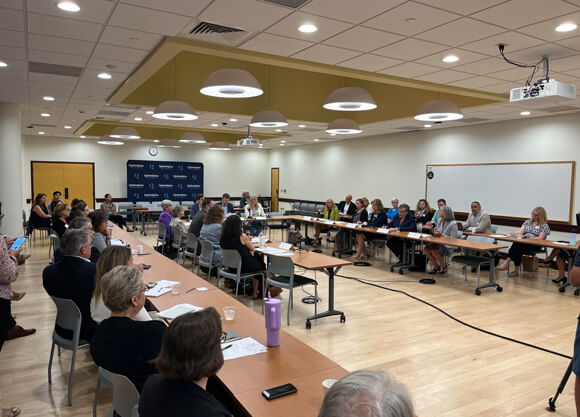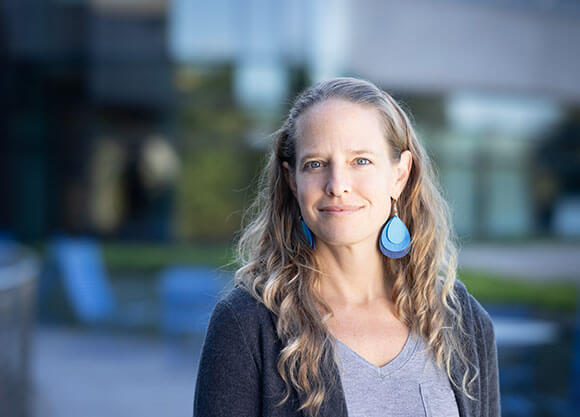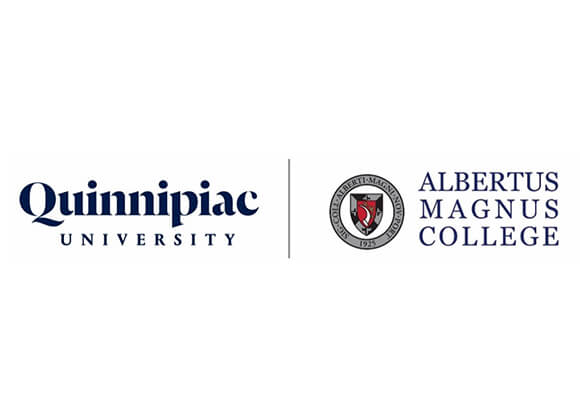A degree in social work will provide you with the fundamental knowledge and practical skills to make a positive impact on patients’ lives. Your training will extend from treating mental and emotional disorders to addiction recovery and beyond.
Real Experience
Emergency rooms, rehabilitation facilities and youth centers all rely on social workers to treat veterans with PTSD, neglected children, people with chronic illnesses and many others. Our traditional MSW program — completed online or on campus — prepares you for licensure and gives you the tools you’ll need to provide patients with counseling, crisis intervention and access to social welfare and community resources.
You’ll act as a crucial link between patients and their caregivers, ensuring that they are receiving proper attention. Our curriculum emphasizes interprofessional education to familiarize you with a team-based health care approach while also giving you the freedom to tailor your degree to your specialty.
During your field education experiences, you complete 1,000 hours of professional development in environments such as substance abuse treatment centers, mental health clinics, schools and communities for elder care. Whether your career goals include private clinical practice or working in a community-based setting, you’ll graduate not only as a credit to your profession, but also as a true leader in the field of social work.























